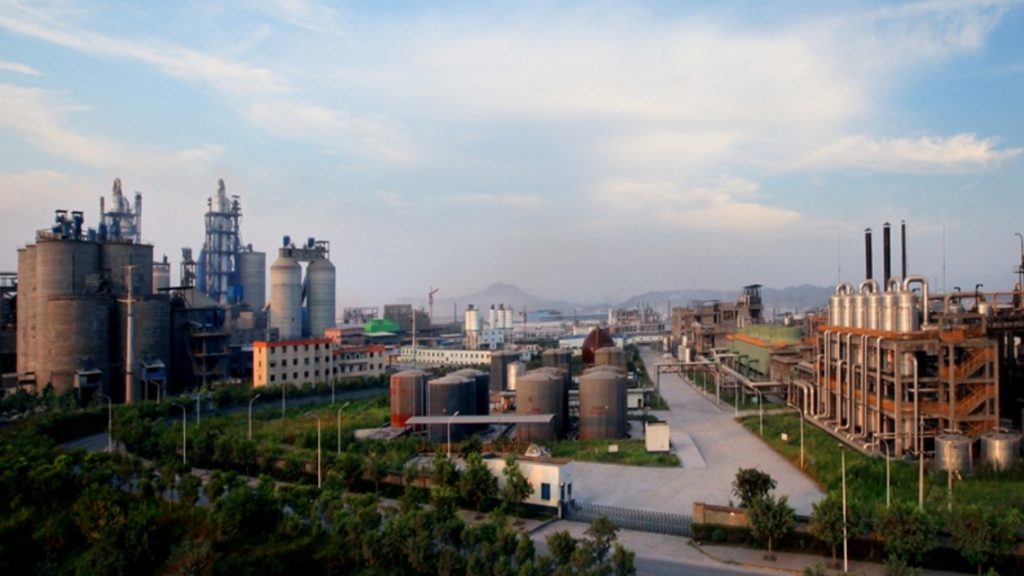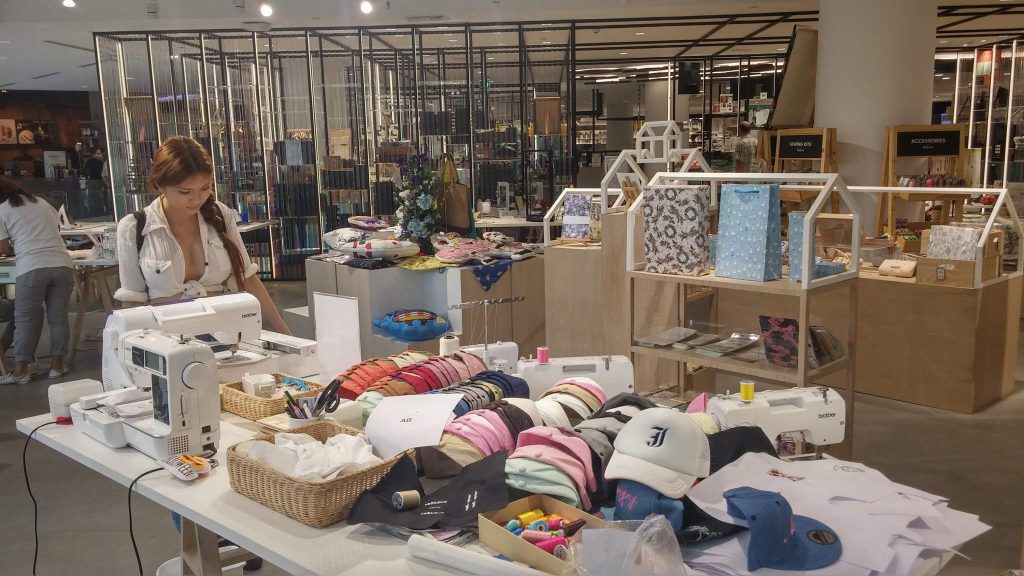Authorities in Chongqing, Southern China have announced that they will require all 3D printing companies based in the city to register with local police. Xinhua, China’s state news agency, reported that the objective of the measure is to both keep dangerous and illegal products from the public, whilst also controlling the production and sales of digital blueprints and data files for important specialist components.

Emerging technology vs Public safety
Chongqing is an important hub of the rapidly advancing Chinese 3D printing industry. Last year, a 3D printing medical centre of excellence was opened in the city, while the city’s university has been instrumental in the development of titanium printing powder. Spare parts for repairing Chongqing’s bullet trains are now 3D printed.
With 3D printing being used across the construction, aviation, and medical industries, improving quality and reduced costs presents both a technological advantage and also a potential security risk.
Speaking to Sixth Tone news, 3D printing expert Prof. Lichao Zhang explained that machines capable of producing the most complex designs are based at universities and thus already registered, but falling costs might mean that such machines would soon be commercially available. However, Naomi Wu, a Shenzhen-based technology advocate argued in reply that such fears were misplaced since “nearly any technology can be weaponised if desired”.

The Chinese Ministry of Public Security already requires foreign companies and certain specialist industries to register with authorities, to reduce illegal activities. 3D printing companies will now join hotels, scrap metal plants, and restaurants as a specialist industry, with requirements to divulge basic information on security measures, equipment and specially trained employees.
Tamper-proof designs
Other industries are privately taking the initiative to protect their machines. “Deliberate mistakes” within .stl files have been proposed by researchers as a security measure, while the US marines have incorporated blockchain security systems to prevent the threat of drone printing systems being hacked.
Other systems include InfraTrac’s method that adds a chemical fingerprint to a 3D print. This can be used to differentiate between genuine and fake 3D printed products with a hand-held detector.
For more on business and security in 3D printing, sign up to our newsletter, like us on Facebook, and follow us on Twitter.
Featured Image: 3D printed Space station components being tested at the The Research Centre for Additive Manufacturing in Chongqing. Image via: CCTV News.

